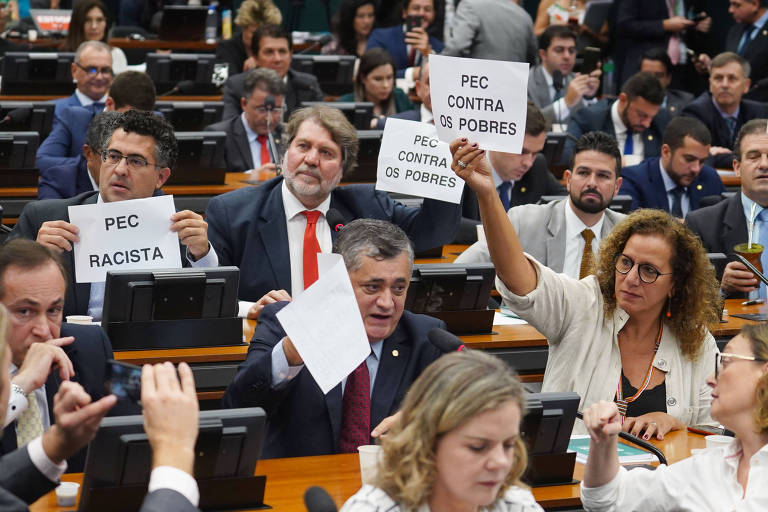The Ministry of the Economy denied again this Monday (22) to share the technical studies that support the proposed social security change to the Constitution. In response to a request to access the information by Folha, the ministry reiterated that consulting the documents is restricted to public officials and authorized entities.
An article published this Sunday (21) showed that the Special Secretary of Social Security and Work, along with the Economy Ministry, restricted these documents.
The decision was in response to a request by the newspaper based on the Constitution and the Law of Access to Information (LAI). The objective of the request is to understand how economic and social data supports congressional proceedings.
The request was sent to the government on March 12 and denied on April 15. Folha appealed, arguing that there is no justification to restrict access to the data that supports a public government project. The public also has the right to know how the technical arguments support changes that will significantly impact their lives.
This Monday, in response to the appeal, the Secretary of Social Security repeated that in its own understanding of the data, the solicited documents are preparatory, or, in other words, fundamentally used to “take a decision ou an administrative act.”
Meanwhile, the constitutional change was already edited by the government and sent to Congress in February of this year. Since then, its proceedings no longer rests the executive branch.
For Transparência Brasil, a non-profit organization that fights for social control of public power, confidentiality only makes sense before sending the text to Congress.
Translated by Kiratiana Freelon
